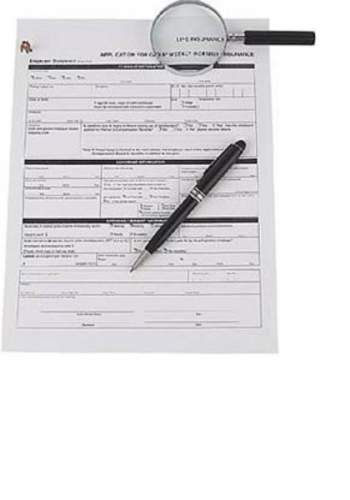
Legal Requirements for Promissory Notes

Must Read
There are certain documents that accompany a promissory note as a means of assurance over a debt for the lender. Such documents contain an added measure of security for the payment of a debt by using property as collateral for the debt in case of it being left unpaid. These documents make it easier for a borrower to acquire a loan from a lender with more ease, as well as give the lender “piece of mind” over loaning the money, especially in large amounts. These documents are sometimes referred to as security measures, or more commonly, security instruments.
They are legal documents, like a promissory note itself, with the intention of securing the debt mentioned in a security note. There are three main types of these instruments, comprised of the following: mortgage, deed of trust, and security deed or deed to secure debt. Mortgages relate to an encumbrance on real property with no transfer of title, whereas a deed of trust as well as a security deed transfer the title to either the lender directly, or a third party trustee. By transferring the title as collateral, this allows the trustee or lender to sell the title in case no payments are made on the debt. The funds collected from the sale would be used towards the debt itself.
Mortgages
One of the legal documents that serve as a security instrument that uses real property as the security for a debt is a mortgage. This type of instrument is an encumbrance on the real property until it is completely paid off, and will remain there until that time. Mortgages require that they be written as a legal document including specific information in order to be validated. This information deals with the names of both the mortgagor and mortgagee and pertaining parties, a statement of conveyance of property, a proper description of the property conveyed, signatures of those required and authentication, and the proper deliverance of the mortgage to the lender. The debt in question must be paid off as per the specifications of the mortgage, in the time period given and at the frequency mentioned in it as well.
Deed of Trust
Some states do not use mortgages, but rather a deed of trust as a security instrument. A deed of trust is also a legal document similar to a mortgage, but in involves a transfer of the title over a property as the form of security. In this case the title is transferred over to a trustee for them to hold on to the title in the best interest of the lender.
The trustee is a third party, and simply must hold onto the title to oversee that the borrower makes payment to the lender. If the lender does not receive payments from the borrower, or the borrower refuses or is unable to make the payments, then the trustee is notified. The trustee has the right to sell the title of the borrower over the property, and compensate the lender for their debt using the earnings of the sale.
Security Deed The third security instrument used by the states that don’t utilize mortgages or deeds of trust, is a security deed. A security deed is also known as a deed to secure debt, but they are the same thing in structure and makeup. Security deeds are also legal documents that provide a security over a debt using real property, and they deal with a transfer of title as well. However, this instrument eliminates the need for a “middle man” by eliminating the third party, a.k.a. the trustee.
The title of the real property is transferred directly to the lender as security over the debt, until the debt has been paid. This does not entitle the lender to take away any usage rights over the property or true ownership, from the owner, simply just security. In the event that the debt goes unpaid though, then the title can be sold to compensate for the debt by repayment with income from the sale.



















